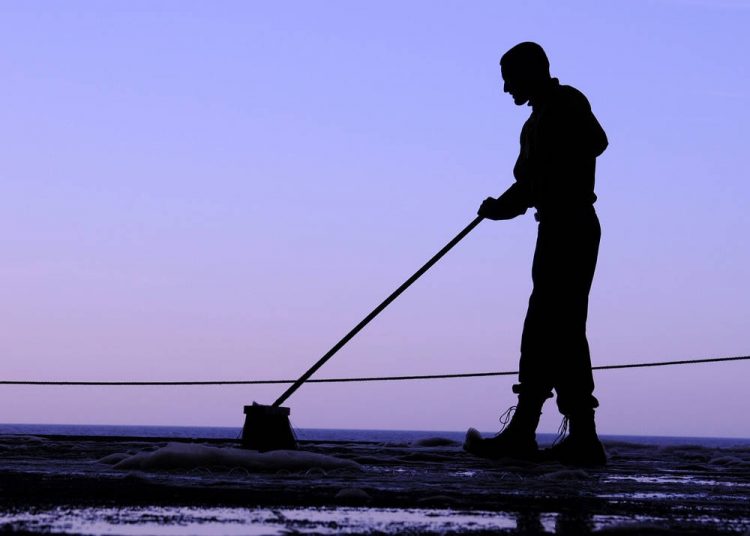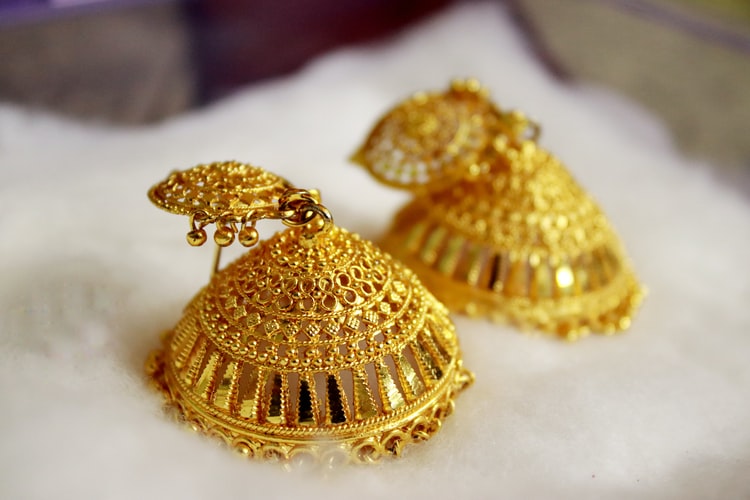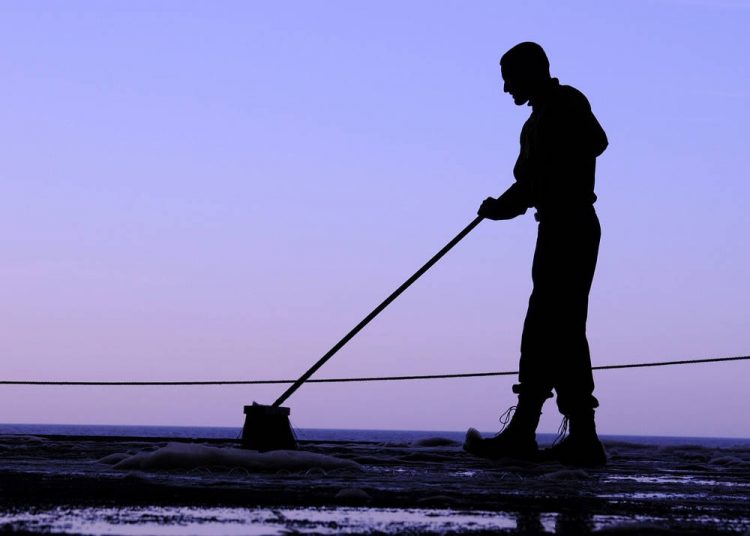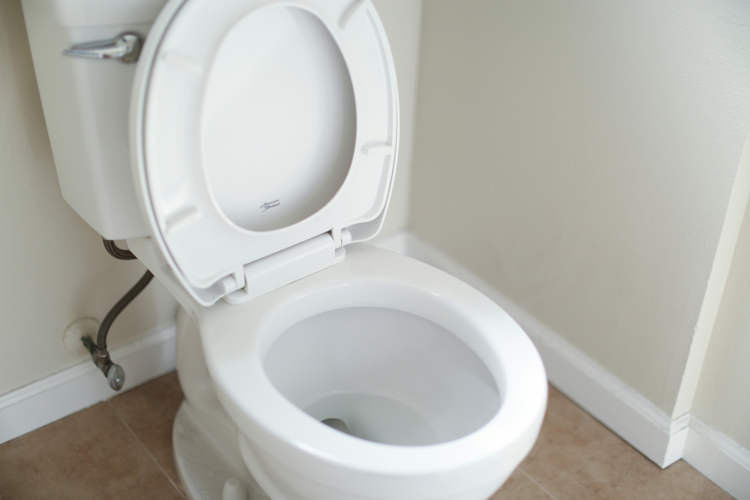Businesses usually have to pay someone to keep their work spaces clean, but the shops on Sea Street, a popular jewelry hub in Sri Lanka’s capital city, actually require a fee to let people clean their premises.
Hong-Kong based media outlet South China Morning Post recently featured the sad story of a heroin addict from Colombo, in Sri Lanka in a short video documentary that also included a segment on a very peculiar job. Mavin, the 47-year-old protagonist makes a living and sustains his drug addiction by cleaning the bathrooms of jewelry shops on Sea Street, a place he refers to as “the most precious street in Sri Lanka”. The whole street is lined with gold, diamond and jewelry shops, only they don’t pay people like Mavin for cleaning, they actually demand a fee from them…

Photo: skeeze/Pixabay
Having to pay someone to clean their property sounds nonsensical, but in this case, it actually makes some sense. As Mavin explains it, goldsmiths working in these jewelry shops will inevitably waste small amounts of gold, most of it in the form of micro particles. Because they sweat, most this gold “wastage” will stick to their bodies, so when they bathe in the back of the shop, all this gold winds up on the floor. So people pay the shop a fee for the chance to keep what little gold they find when cleaning the bathrooms.
“In order to clean a bathroom or toilet on Sea Street, the cleaner must pay the owner,” Mavin told SCMP. “When I pay to clean, I don’t know how much gold I will gather. It is somewhat like a wheel of fortune, it’s unpredictable.”

Photo: Sayak Bala/Unsplash
After carefully scrubbing the bathroom floor of the finest dust particles, cleaners take the dirt and wash it out like the gold miners of old. The leftover sand that may contain fine gold particles is then subjected to chemical treatments, including acid baths and borax to dissolve all unwanted residue.
On the day the film was shot, Mavin managed to retrieve an 0.6 gram gold nugget, which he estimated could be sold for 2,500 – 2,700 rupees ($13 – $14) at the time. He said that he sometimes makes less, other times more than that, but he has always turned a profit doing this job.
“I have never lost anything, I’ve always made a profit,” Mavin said. “I might spend on rupee and make 10 rupees from that. So I have never failed doing this job.”













